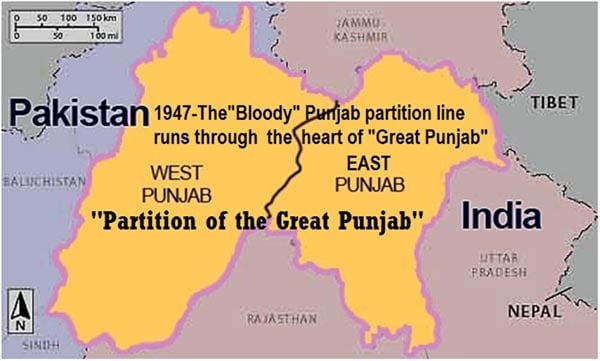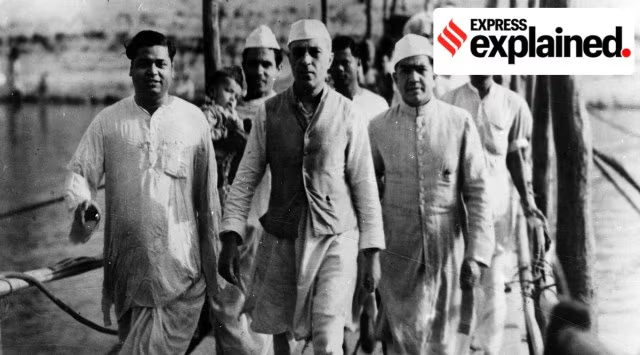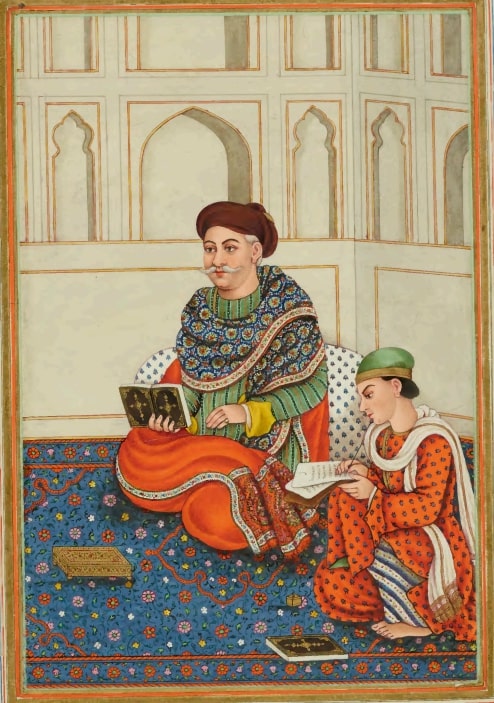Discover how the demand for Pakistan's creation led to the historic Partition of Punjab in 1947, reshaping the future of India and its Muslim population.
Discover the pivotal role of the Punjab Boundary Commission in 1947's partition, shaping modern India and Pakistan under the guidance of Lord Mountbatten.
Explore the rich history and traditions of Bhalla, a Sarin subgroup of the Khatri caste, and learn about their unique cultural heritage and lineage.
Explore the intriguing journey of RATTRAY, an English soldier who switched allegiance from the Sikh army to Dost Muhammad Khan in 1836. Discover his transformation in Kabul.
CHATTHIAN DI VAR is a Punjabi ballad describing the battle between Mahan Singh, father of Maharaja Ranjit Singh, and Ghulam Muhammad Chattha, a Muslim chieftain of the Chattha clan of the Jatts. The poet is some Pir Muhammad, whose name appears in some verses of the poem. The Var was first published in Persian script by Qazi Fazal Haq, a teacher at Government College, Lahore. According to his statement, Pir Muhammad, the poet, was a resident of Gujrat district, and he composed this ballad in the early years of the British occupation of the Punjab.
Explore the Sikh role in India's transition from British rule, from the Gurdwara Reform movement to confronting Muslim communal claims in Punjab.
COMMUNAL AWARD was an official statement of British government policy in respect of the composition of provincial legislatures as a further step in the transfer of responsibility to the Indian people. The Secretary of State for India presented the terms of the Award to Parliament as command paper 4147, and they were published on 16 August 1932 under the title Communal Decision. The terms of the Award defined the methods of selection and the relative strength of representation of various "communities" in the legislatures as they were expected to be formed under provisions of a new constitution for a federation of Princely Indian states and British Indian provinces, which was being devised at the time and which was given final shape later in the Government of India Act of 1935.In effect, the Award was a political settlement worked out for the people of British India by officials in London.
Discover how Ghani Khan and Nabi Khan helped Guru Gobind Singh escape Machhivara in 1705, leading to the creation of Gurdwara Uchch da Pir in Punjab.





